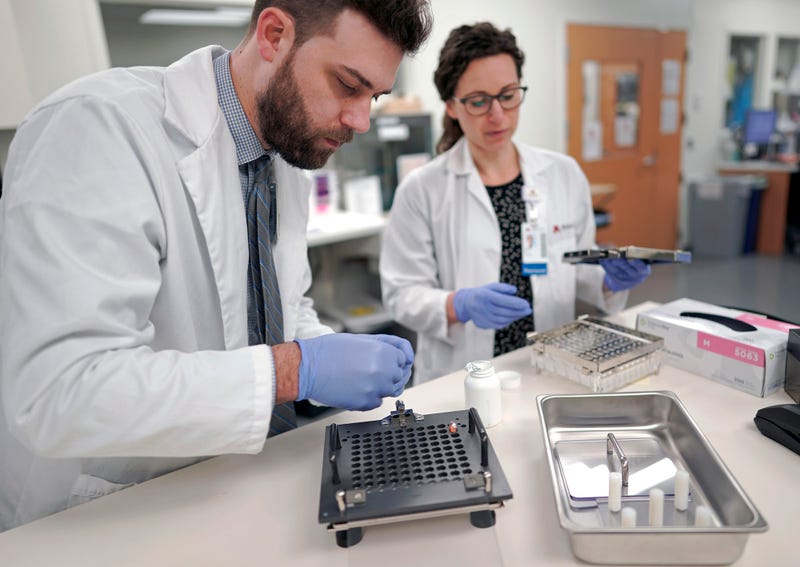
Fairview Health Services is not renewing its current contract with the University of Minnesota. But that doesn't mean their affiliation is coming to an end either.
Former Minnesota State Health Commissioner Jan Malcolm is chairing a committee looking into the future of the University's health system.
"That current contract is not going to be renewed which really, we already knew," Malcolm explained. "Both sides say they continue to work and they will continue to work on a new agreement. We're not expecting this to be any sudden change in anything."
Malcolm told Vineeta Sawkar on the WCCO Morning News that the University and Fairview remain under contract through 2026.
This year, Fairview is providing over $100 million toward their medical affiliation with the school. That partnership began in 2018, making M Health Fairview one of the predominant health care systems in the state.
"What is going on with academic health all over the country is something that the task force is looking at, talking about, and talking about ways that we pay for medical education and research need to evolve with the times," says Malcolm. "So that fits very much into what we're there to do as a taskforce."
This past July, a proposed merger between Fairview and South Dakota-based Sanford Health fell through. That deal was opposed by University and state leaders who feared an out-of-state ownership stake in the school's top teaching hospital wouldn't work.
WCCO Radio Political Analyst Blois Olson explained that this is simply a way for Fairview to renegotiate a better price, not necessarily to leave the partnership behind.
"It doesn't mean that Fairview won't pay the U money, I think they're trying to get a better price," Olson explains. "Meanwhile, the U of M has to figure out how its going to have a teaching hospital, serve people, etc."
Olson says the issue is bigger than what is going on at the University of Minnesota. The cost of medical education is very high, and virtually eliminates students who can't afford the high tuition costs.
"The matter of the fact is, that task force has a decision with what we're going to do with medical education," says Olson on the WCCO Morning News. "With the medical system, and serving people and making sure that it is profitable is the important part. We need doctors and then we have to figure out the way to educate them that makes the most efficient, cost-effective sense."
The cost for medical school at the University of Minnesota is now around $55,000 a year for a resident, or $69,000 for a non-resident. Those costs are close to that national average. The average cost per year of medical school has gone up $7,000 just in the last seven years.
Debt continues to build on students as well. They're graduating with record amounts owed. The average medical school debt in 2023 is over $200,000 nationwide. Graduates owe, on average, over $250,00 in student loan debt by the time they finish their educations. Those numbers are expected to increase significantly in the next few years, making it even harder to graduate with a medical degree.
